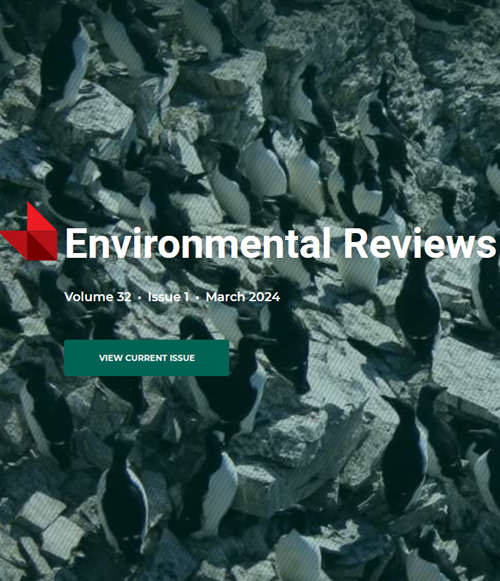城市供水系统的环境、经济和社会可持续性:使用基于生命周期的方法进行的批判性审查
IF 5.1
3区 环境科学与生态学
Q2 ENVIRONMENTAL SCIENCES
引用次数: 2
摘要
越来越多的研究涉及不同的生命周期可持续性评估(LCSA)工具和城市供水系统(UWS),强调了综合当前研究的必要性。虽然LCSA的研究侧重于考虑生命周期评估(LCA)、生命周期成本计算(LCC)和社会生命周期评估方法的综合方法,但这些工具通常是单独应用的,忽略了经济、社会和环境影响之间的权衡。在这种背景下,本综述旨在批判性地分析有关LCSA工具的文献,以增强未来的集成应用。此外,我们旨在确定技术趋势、当前挑战和未来研究方向,以提高可持续性。ProKnow-C方法使用了四个关键字集和三个数据库的组合。我们选取了72篇相关论文进行了详细分析。结果表明,作者在使用不同的LCSA工具时应用了不同的边界,缺乏数据也是一个常见的问题。此外,论文在范围定义中缺乏系统描述,导致对结果的解释存在偏见。另一个重要问题是功能单元的选择,它并不代表UWS的复杂性,缺乏水损失、水质和服务人口等重要细节。水处理是UWS中研究最多的过程,雨水系统(收集或处理)很少被包括在内,仅占分析文献的25%。总之,LCSA工具的应用面临着数据质量和可用性等根本挑战。关于工程改进,未来的工程应使用LCSA数据来支持设计和技术开发,同时关注人类行为和节约的技术替代方案。最后,需要开发和应用新的范式,以增强可持续性并整合UWS。本文章由计算机程序翻译,如有差异,请以英文原文为准。
Environmental, economic, and social sustainability of urban water systems: a critical review using a life-cycle-based approach
The increasing number of studies covering different life cycle sustainability assessment (LCSA) tools and urban water systems (UWSs) emphasize the need to synthesize current research. While LCSA studies focus on an integrated approach considering the life cycle assessment (LCA), Life Cycle Costing (LCC), and social life cycle assessment (S-LCA) methodologies, these tools are typically applied separately, disregarding the trade-offs amongst economic, social, and environmental impacts. In this context, this review aims to critically analyze the literature on LCSA tools to enhance the integrated application in the future. Furthermore, we aim to identify technological trends, current challenges, and future research directions to improve sustainability. The ProKnow-C methodology was applied using a combination of four keyword sets and three databases. We selected 72 relevant papers that were analyzed in detail. Results demonstrate that authors apply different boundaries when using different LCSA tools, and lack of data was also a common issue. Furthermore, papers lack system description in the scope definition, leading to a biased interpretation of results. Another important issue was the functional unit selection, which did not represent the complexity of UWSs, lacking important details such as water loss, water quality, and population served. Water treatment is the most researched process in UWSs, and stormwater systems (collection or treatment) are rarely included, representing only 25% of the analyzed literature. In conclusion, the application of LCSA tools faces fundamental challenges, such as data quality and availability. Concerning the engineering improvements, future works should use LCSA data to support design and technology development, also focusing on human behaviour and frugal technology alternatives. Finally, new paradigms need to be developed and applied to enhance sustainability and integrate UWS.
求助全文
通过发布文献求助,成功后即可免费获取论文全文。
去求助
来源期刊

Environmental Reviews
环境科学-环境科学
自引率
3.50%
发文量
45
期刊介绍:
Published since 1993, Environmental Reviews is a quarterly journal that presents authoritative literature reviews on a wide range of environmental science and associated environmental studies topics, with emphasis on the effects on and response of both natural and manmade ecosystems to anthropogenic stress. The authorship and scope are international, with critical literature reviews submitted and invited on such topics as sustainability, water supply management, climate change, harvesting impacts, acid rain, pesticide use, lake acidification, air and marine pollution, oil and gas development, biological control, food chain biomagnification, rehabilitation of polluted aquatic systems, erosion, forestry, bio-indicators of environmental stress, conservation of biodiversity, and many other environmental issues.
 求助内容:
求助内容: 应助结果提醒方式:
应助结果提醒方式:


